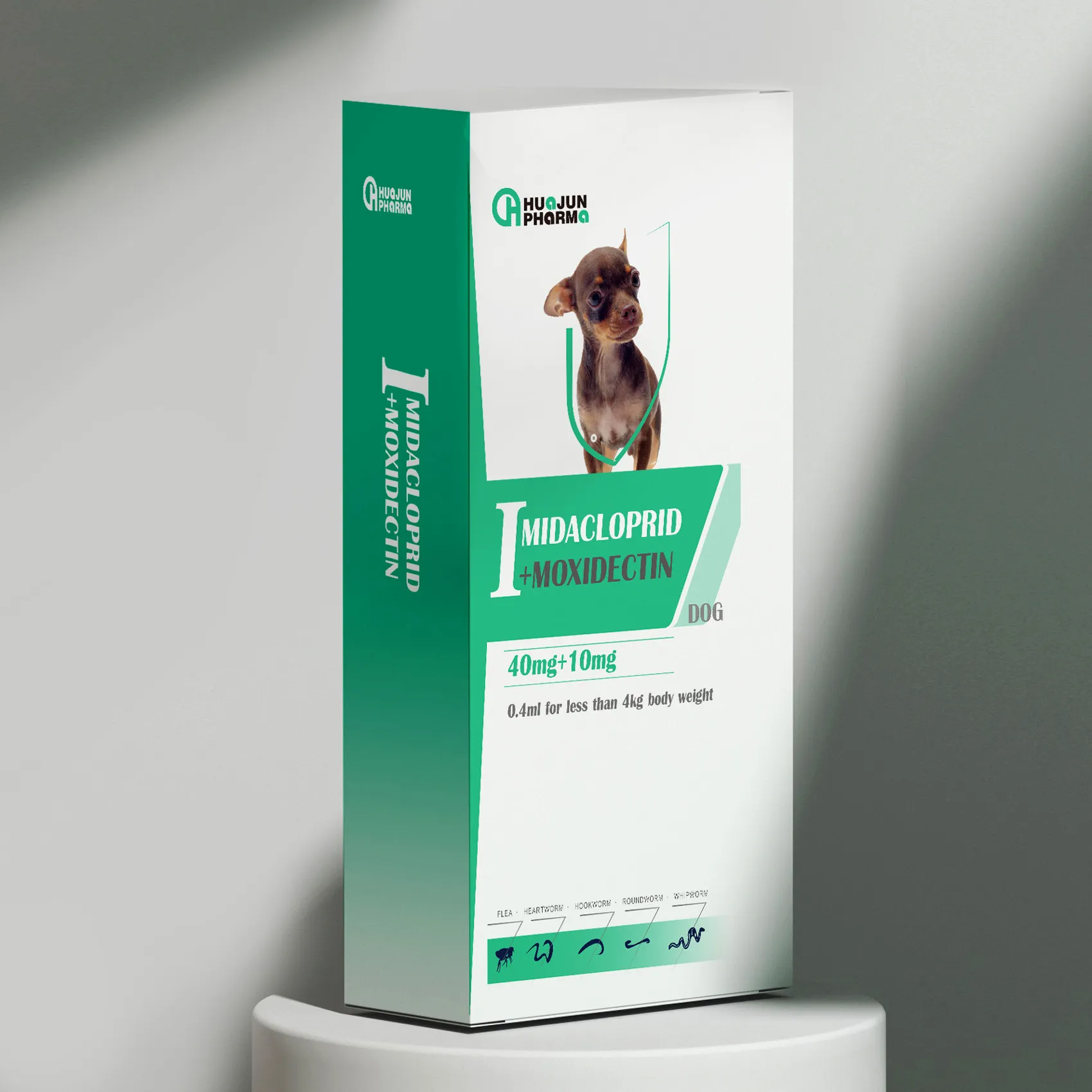
Th9 . 24, 2024 11:10 Back to list
Mycoplasma Pneumoniae Antibody Production and Testing Solutions for Enhanced Diagnosis
Mycoplasma Pneumoniae Antibodies Understanding Their Role and Significance in Diagnosis
Mycoplasma pneumoniae is a common cause of respiratory infections, particularly in children and young adults. Unlike other bacteria, Mycoplasma pneumoniae lacks a cell wall, making it unique and challenging to detect using standard bacterial culture methods. Consequently, serological testing for Mycoplasma pneumoniae antibodies has emerged as a crucial diagnostic tool in identifying infections caused by this atypical pathogen.
The immune response to Mycoplasma pneumoniae involves the production of specific antibodies that can be detected in the blood. There are primarily two types of antibodies of interest IgM and IgG. IgM antibodies typically appear within the first week after infection and indicate a recent infection, while IgG antibodies develop later and can persist for months or even years, reflecting past exposure or infection.
Serological testing for Mycoplasma pneumoniae antibodies has several advantages. Firstly, it allows for a quicker diagnosis compared to culture methods, which can take several weeks to yield results. Second, testing for antibodies can provide valuable information about the timing of the infection—crucial for clinicians to determine whether a patient is in the acute phase of illness or has already recovered.
mycoplasma pneumoniae antibodies factory

However, while antibody testing is a useful diagnostic tool, it is not without its limitations. One significant drawback is the potential for false-positive results. Cross-reactivity can occur with antibodies against other organisms, leading to misinterpretation of the test results. Additionally, not all patients will produce detectable levels of antibodies, particularly in the early stages of infection. Therefore, serological tests are often used in conjunction with clinical findings and other diagnostic methods to confirm a Mycoplasma pneumoniae infection.
The role of factories producing Mycoplasma pneumoniae antibodies is also significant. These facilities utilize advanced technologies to develop reliable and accurate diagnostic tests. High-quality reagents are essential for ensuring the sensitivity and specificity of antibody tests. Moreover, as research advances, factories are continually improving the assays, making them more efficient and accurate for clinical use.
In the global health landscape, the demand for accurate Mycoplasma pneumoniae antibody testing has increased, particularly in the wake of respiratory illness outbreaks. Factories focused on producing these diagnostic tools are not only contributing to the healthcare sector but also advancing our understanding of respiratory infections and their epidemiology.
In conclusion, Mycoplasma pneumoniae antibodies play a vital role in diagnosing infections caused by this atypical pathogen. The ability to quickly and accurately detect these antibodies provides clinicians with valuable information to guide treatment decisions. However, awareness of the limitations of serological testing is essential for accurate interpretation of results. As research and technology continue to evolve, the factories dedicated to producing Mycoplasma pneumoniae antibodies will remain integral in the fight against respiratory infections, ultimately enhancing patient care and outcomes.
-
Premium Young Chicken - Leading Young Chicken Manufacturer & Supplier for Fresh Poultry Needs
NewsJul.08,2025
-
Enterococcus Faecalis Mold Remover – Powerful & Safe Solution from Trusted Manufacturer
NewsJul.08,2025
-
Premium Diarrhea Treatment Solutions Leading Diarrhea Factories & Suppliers
NewsJul.08,2025
-
High-Quality Blisters Manufacturer & Supplier Reliable Blisters Factory
NewsJul.07,2025
-
High-Quality Skeleton Development Services Leading Factory, Manufacturer & Supplier
NewsJul.07,2025
-
High-Quality Cockscomb Turns White Reliable Manufacturer & Supplier Factory
NewsJul.07,2025




